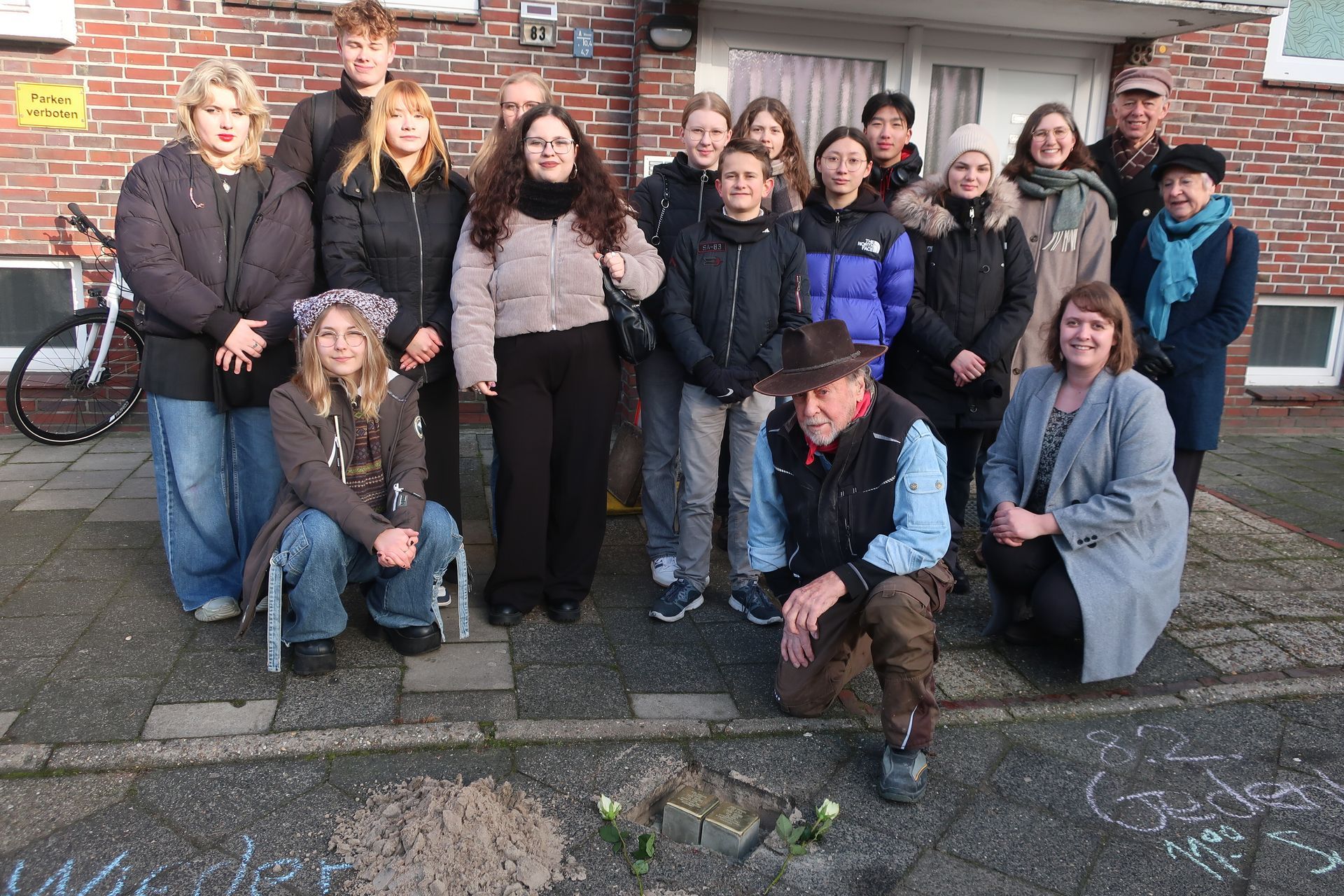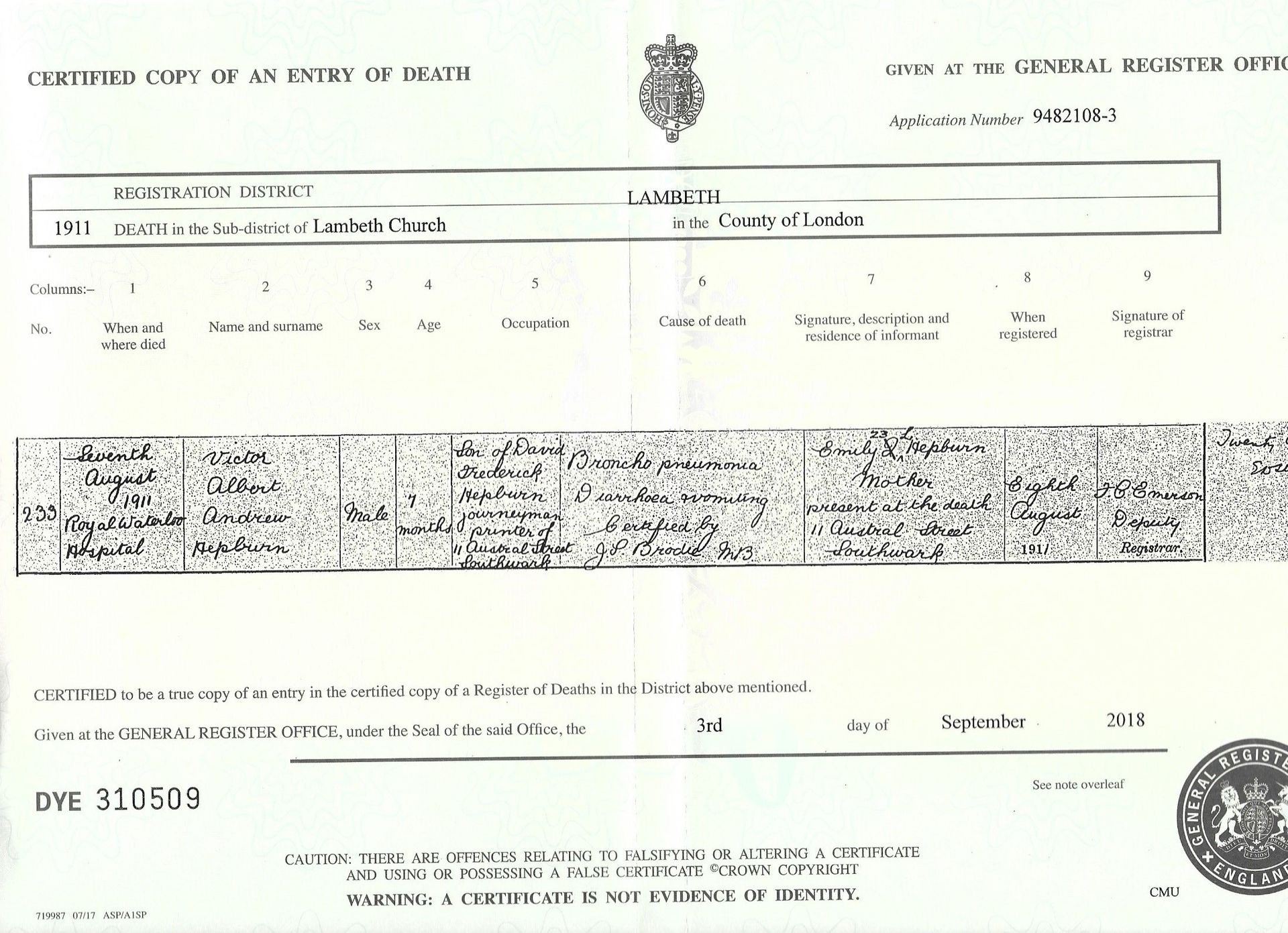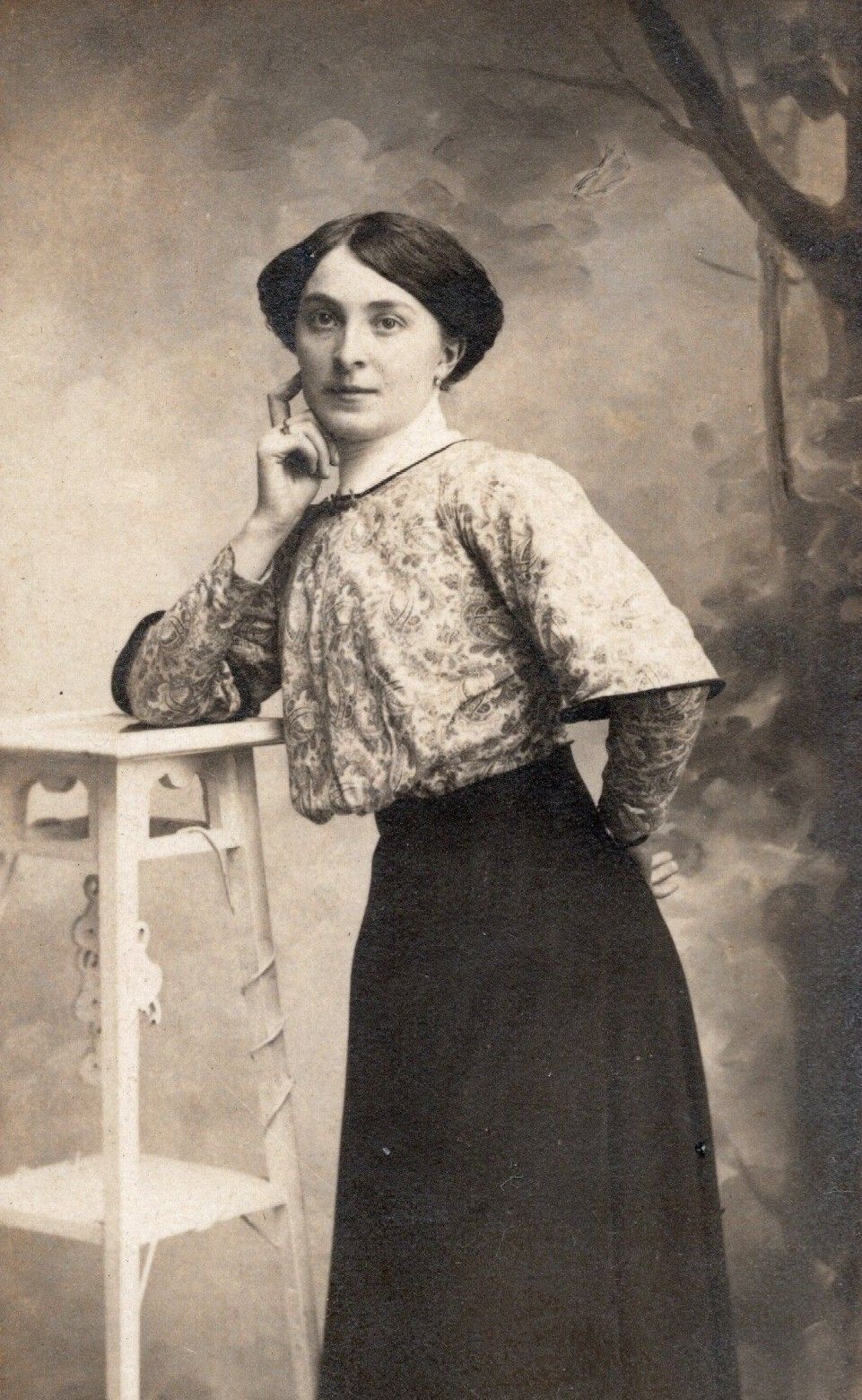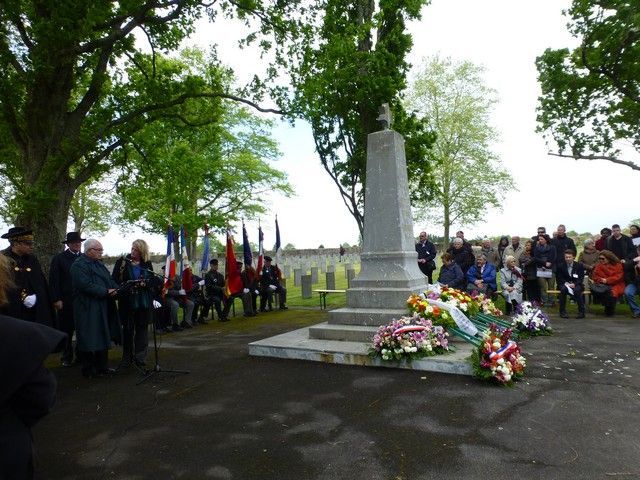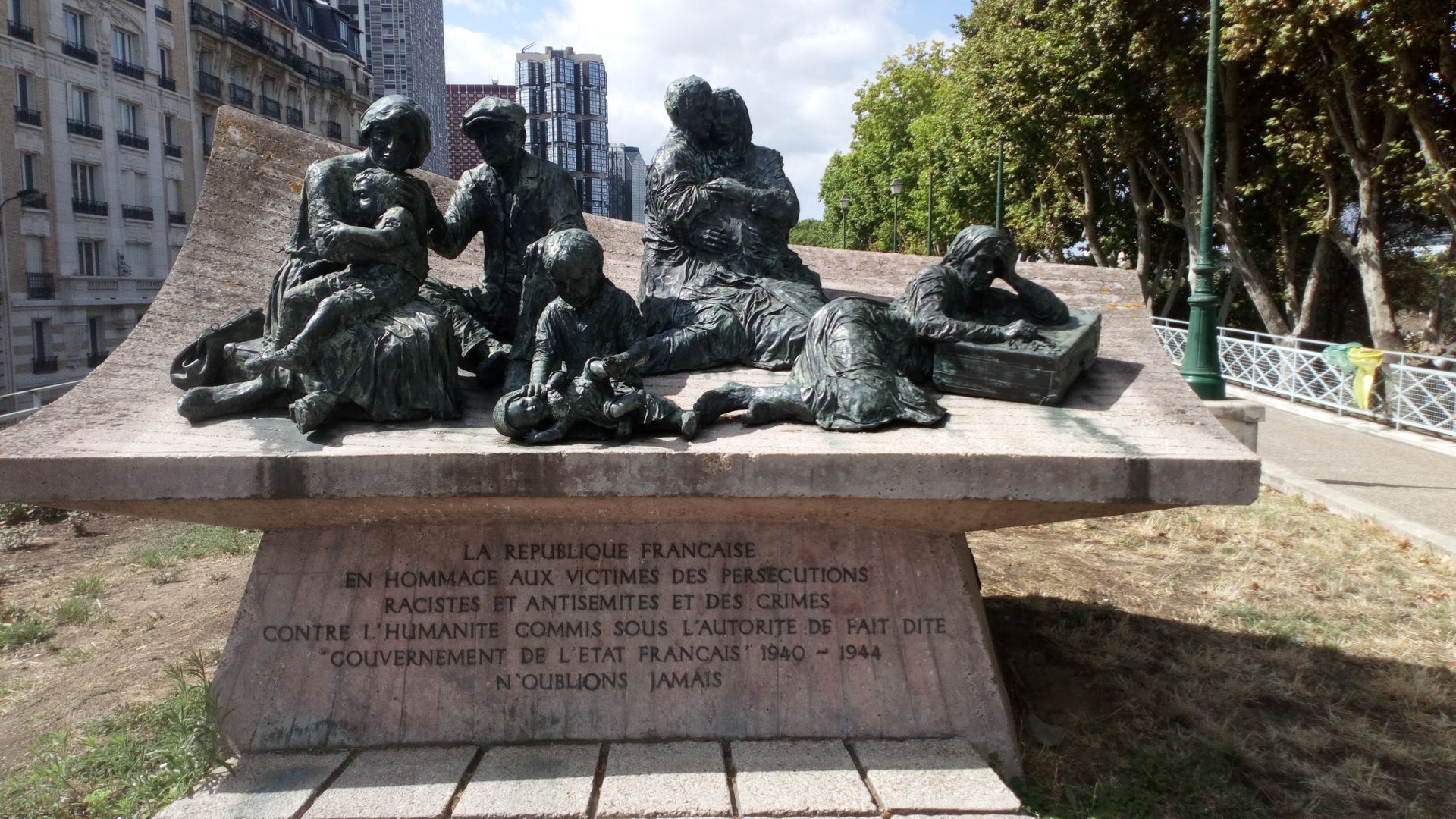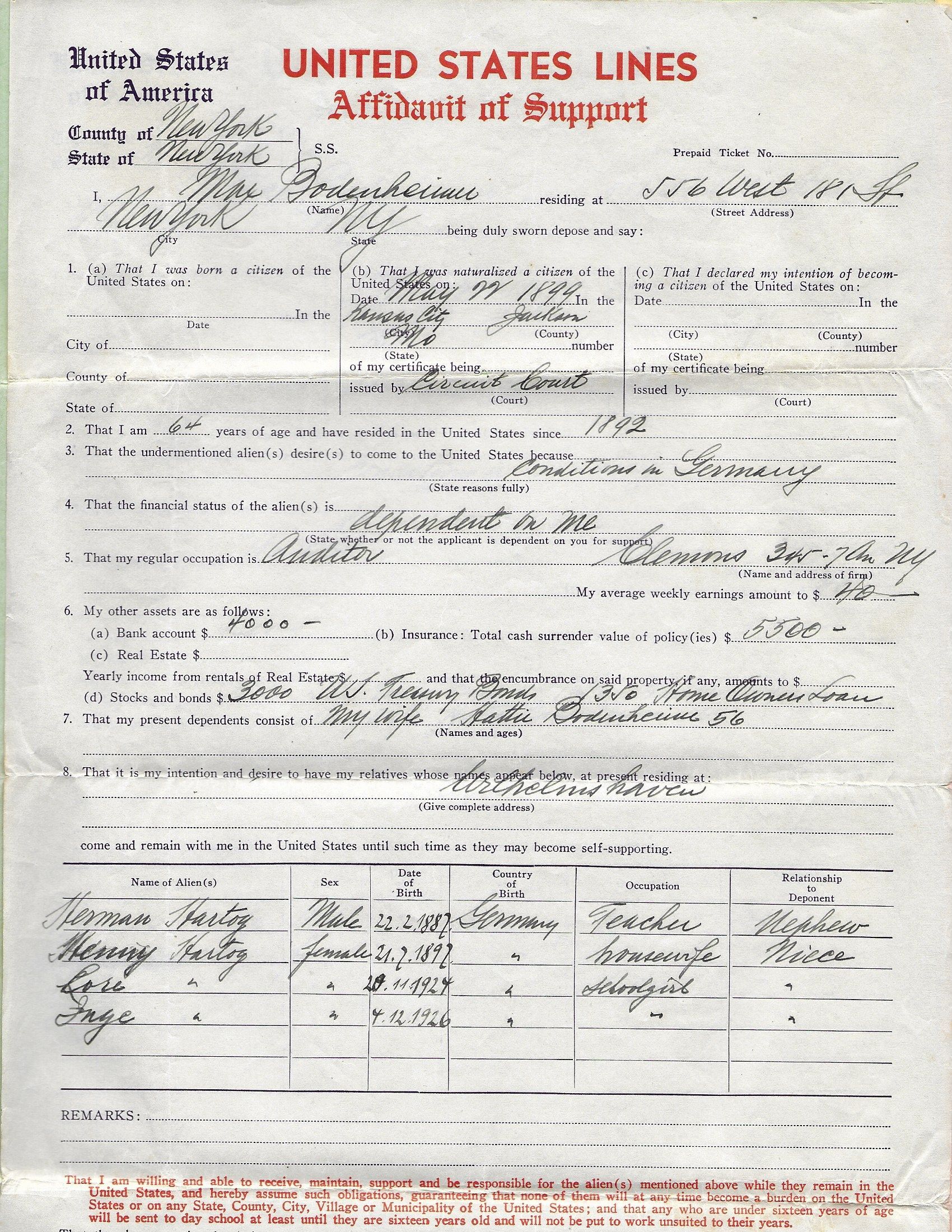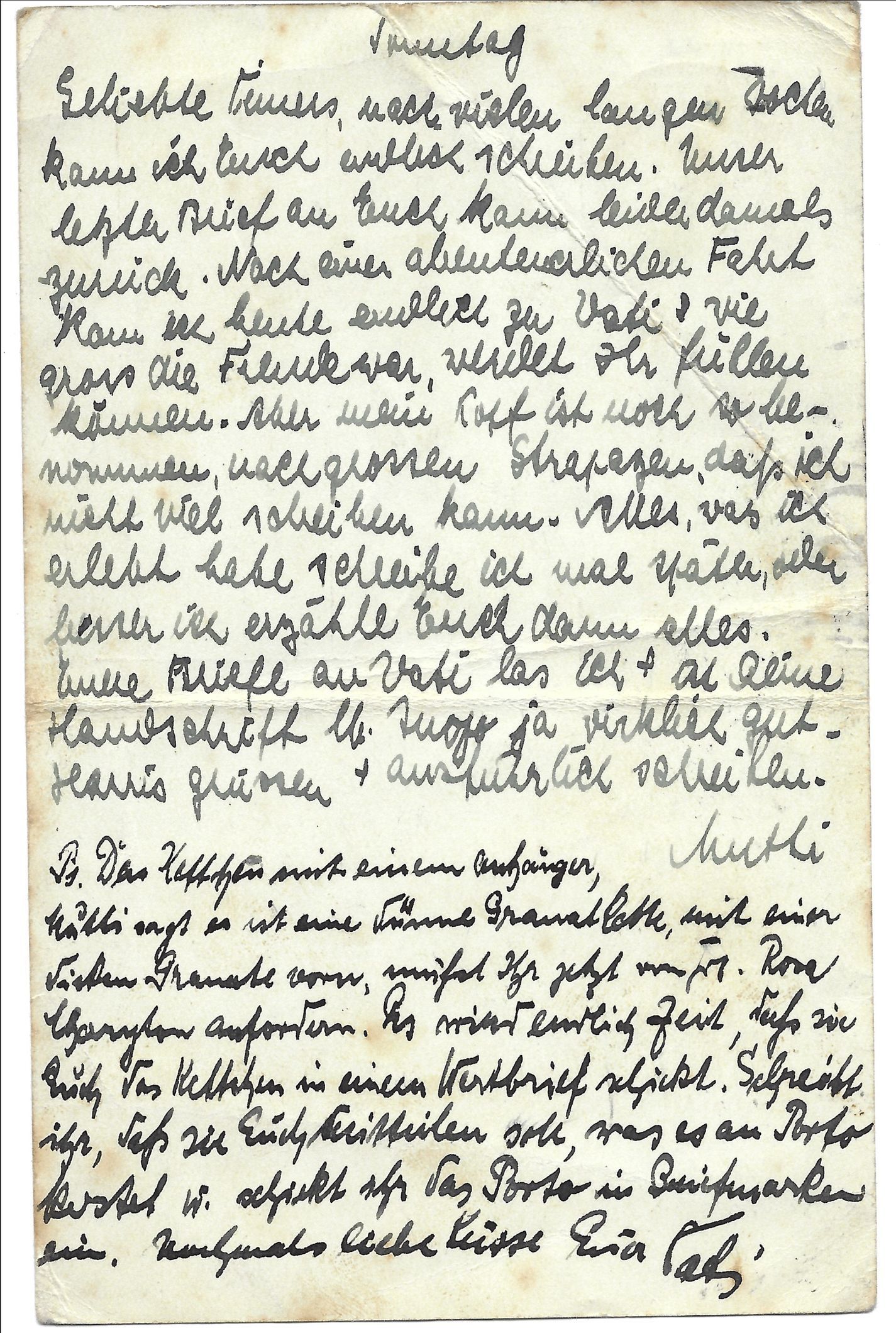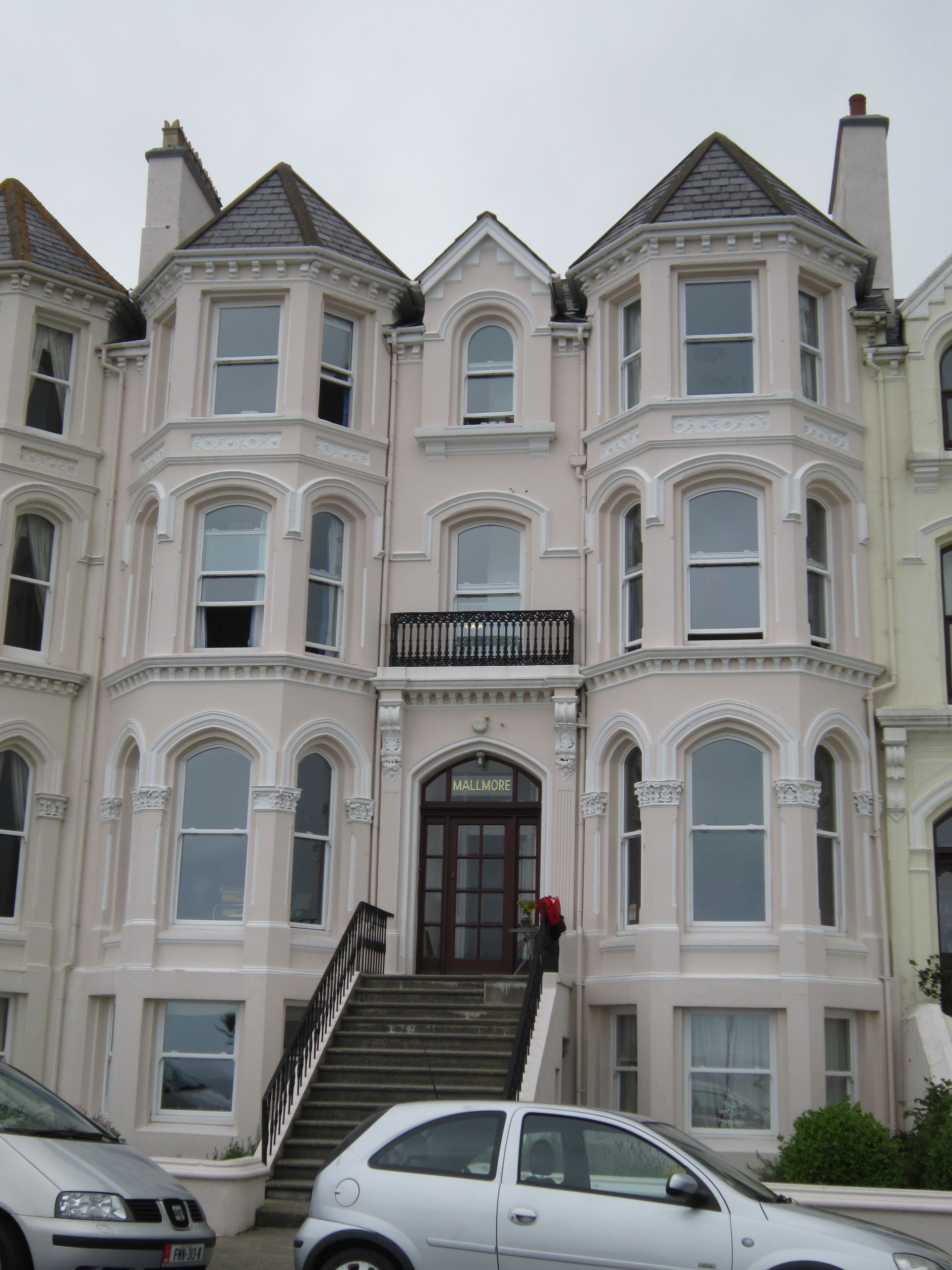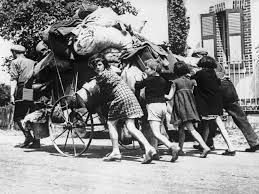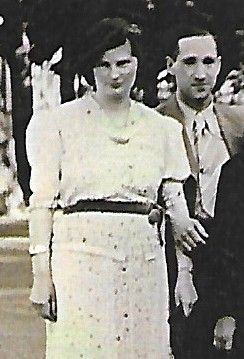Mothering Sunday for Ethel Fryer 1901
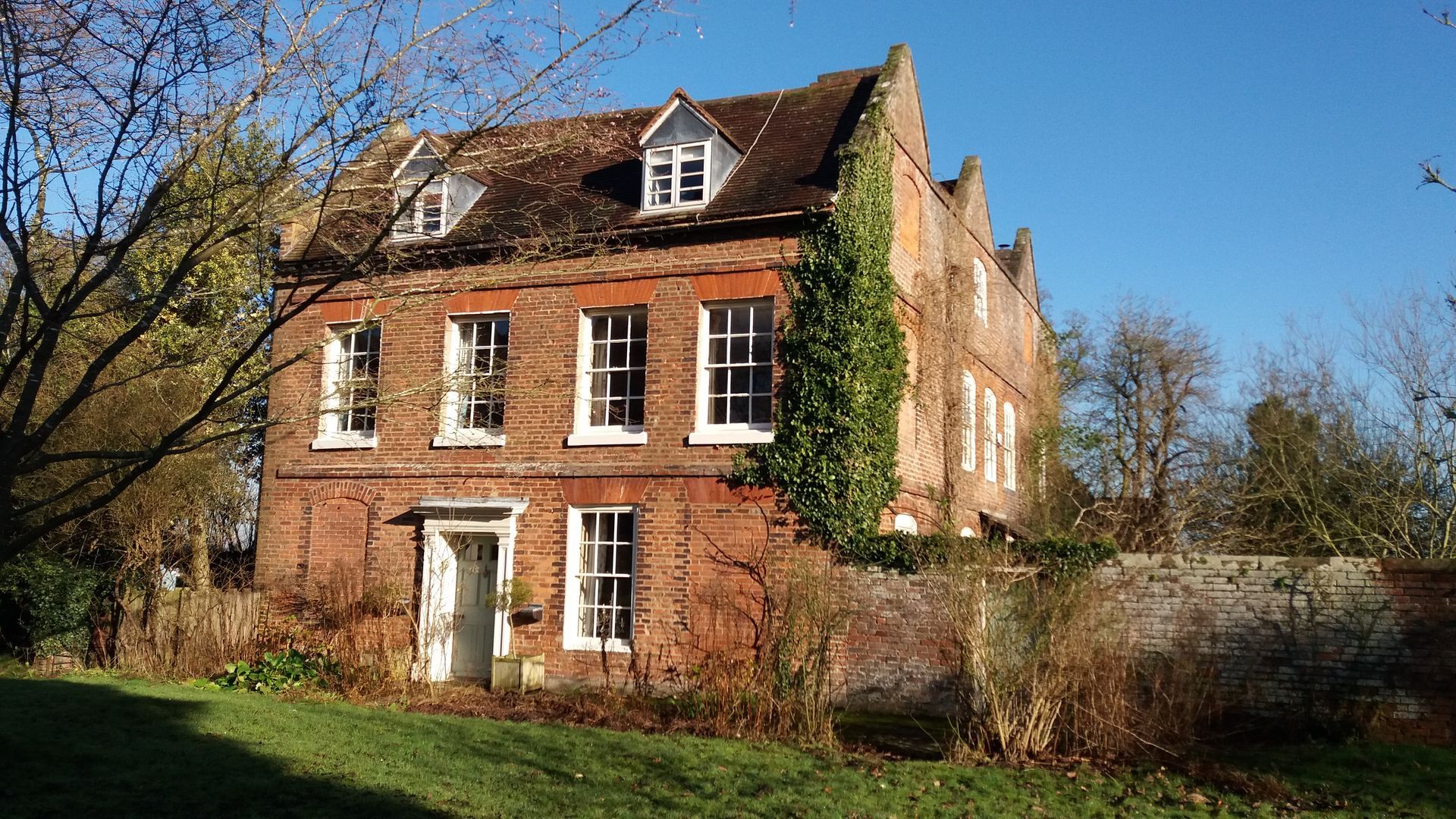
My grandmother, Ethel Chapple (née Fryer), worked as a domestic servant before she was married. Like most others, she changed her position every two or three years – there was considerable demand for their services as the nineteenth century changed into the twentieth. Many of the houses where Ethel worked belonged to members of the clergy.
In the spring of 1901, on Sunday 31 March, a national census was undertaken. This date was exactly one week before Easter Sunday. As it happened, Ethel was in her employer's house that day – the Vicarage of St Bartholomew's Church at Areley Kings in Worcestershire – where she worked at different times as a housemaid and parlourmaid. If the census had taken place two weeks earlier (three weeks before Easter) it is unlikely that she would have been there.
The Sunday three weeks before Easter has traditionally been when Mothering Sunday has been celebrated. My grandmother told me how she was always allowed the day off from work for Mothering Sunday, so that she could go home to visit her mother. Areley Kings is about fifteen miles south of Ethel's home and I do not know how she made the journey, or if she was allowed slightly longer in order to be able to take the train.
Ethel's home was in an isolated hamlet in Broad Lanes, near Bridgnorth, in Shropshire. She told me that as she walked along the narrow lanes closer to home, she would always pick a bouquet of spring flowers from the hedgerows to take as a gift for her mother, Hannah. In return, she knew that when she arrived home she would find that her mother had baked a simnel cake for them all to share.
The simnel cake was baked to a traditional recipe passed on from Hannah's mother – and later to me. It was a fruit cake with a layer of almond marzipan across it midway. On the top was another circle of marzipan, decorated with eleven balls of marzipan - and this had been toasted in the oven or under a flame. The eleven balls of marzipan represented the eleven disciples who were loyal to Jesus. When Ethel left to return to work, she always took a generous portion of the cake back with her.
Every Mothering Sunday, while Ethel was at home, the family attended the celebratory service at their nearby church. The Church of the Holy Innocents at Tuck Hill stands in an idyllic setting on the top of a hill and in spring-time is surrounded by drifts of daffodils and a glorious mass of wild spring flowers. It was a magical time for Ethel when she was pleased to be able to go home, and she kept the memories alive throughout her long life.
(the photo shows the Vicarage at Areley Kings where Ethel worked as housemaid and parlourmaid)
